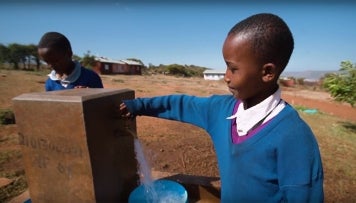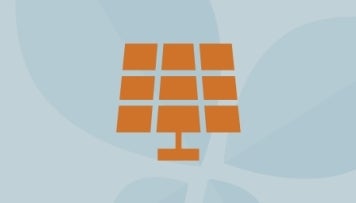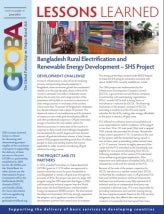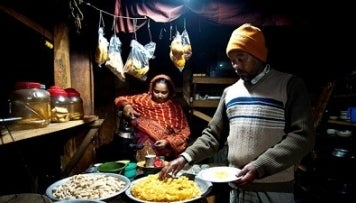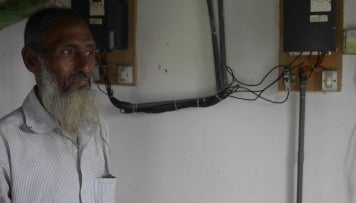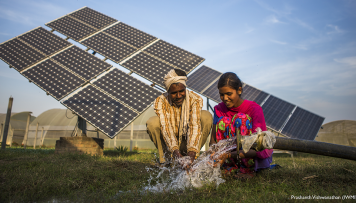
GPOBA’s April 2 webinar on “Innovative Financing for Solar Irrigation Systems” brought together 40 renewable energy experts and World Bank staff to discuss the financial and technical aspects of transitioning from diesel-powered to solar-powered irrigation pumps in Bangladesh, as well as the effects on the country’s agriculture, environment, and management of water and energy resources. The knowledge exchange, supported by an output-based aid (OBA) approach, makes solar-based irrigation systems more affordable for the poorest of households, targeting hard to reach farming communities in remote areas of the country through the use of performance-based subsidies.
GPOBA has supported solar irrigation technology through a mini-grid grant (US$ 1.1 million) as a vital component of the World Bank’s Rural Electrification and Renewable Energy Development (RERED) program and plans to scale it up under its successor, RERED II (with an additional US$ 15 million).Though RERED is a World Bank initiative, the private sector and the government of Bangladesh play a vital role in this partnership, supporting development of solar energy to power irrigation systems, reducing dependency on fossil fuels.
The Webinar session, moderated by Raluca Golumbeanu, Infrastructure Specialist, GPOBA, included RERED program’s team leader Mr. Zubair K M Sadeque, Senior Energy Specialist at the World Bank and Md. Enamul Karim Pavel, Renewable Energy Team Lead of Bangladesh’s Infrastructure Development Company Limited (IDCOL), the implementing agency of RERED.
This aid has been instrumental, as according to Sadeque, the OBA-supported RERED program aims “to connect the rural farmers who are not connected to diesel pumps….an intervention targeted at rural Bangladeshi farmers means that it’s pro-poor, because the farmers are marginal farmers with very little land ownership.” Furthermore, Pavel indicated that “the cost of diesel is increasing and the government is providing subsidies to reduce the cost, but this is also a burden for the government,” making OBA an effective alternative for augmenting the purchasing power of the poorest of the poor.
The webinar was followed by a discussion among energy, water and agriculture specialists of the World Bank on lessons learned from the design and implementation of solar irrigation pumps in Bangladesh that can be replicated in countries in the African Sahel.
Presentation and other related materials>>
Webinar recording>>
